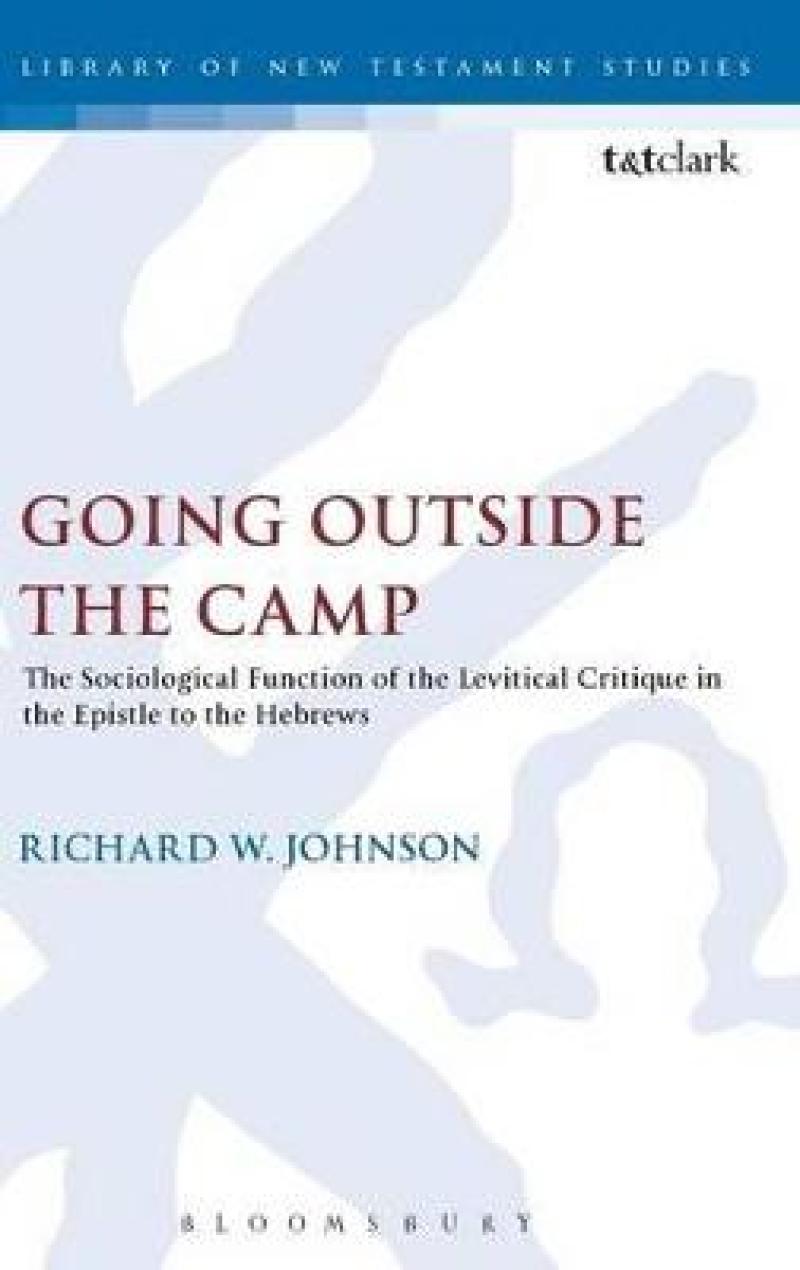By examining the implicit sociological data in the Epistle to the Hebrews, and locating the implicit society within the context of the larger Graeco-Roman world, Johnson concludes that the author of Hebrews advocates an ideal society that is both more open to outsiders and more willing to assimilate fully new members than was 1st-century hellenistic Judaism. According to the group/grid paradigm developed by Mary Douglas, the implied society can be categorized as "weak" group/"weak" grid, in contrast to "strong" group/"strong" grid Hellenistic Judaism. The critique of the levitical system can thus been seen as supporting the author's advocacy of that implied open society.
Les mer
In an examination of implicit sociological data in the Epistle to the Hebrews within the context of the Graeco-Roman world, Johnson argues that Hebrews' author advocates an ideal society more open to outsiders and willing to assimilate new members than was 1st-century CE hellenistic Judaism.
Les mer
Formerly the Journal for the Study of the New Testament Supplement, a book series that explores the many aspects of New Testament study including historical perspectives, social-scientific and literary theory, and theological, cultural and contextual approaches. The Early Christianity in Context series, a part of JSNTS, examines the birth and development of early Christianity up to the end of the third century CE. The series places Christianity in its social, cultural, political and economic context. The European Seminar on Christian Origins and Journal for the Study of the Historical Jesus Supplement are also part of JSNTS.
Les mer
Produktdetaljer
ISBN
9781841271866
Publisert
2002-03-01
Utgiver
Bloomsbury Publishing PLC
Vekt
400 gr
Aldersnivå
UU, UP, P, 05, 06
Språk
Product language
Engelsk
Format
Product format
Innbundet
Antall sider
177
Forfatter
